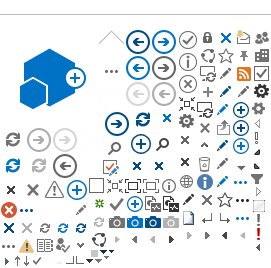Idaho National Laboratory has awarded a subcontract to GE Hitachi Nuclear Energy to support the conceptual design, cost/schedule estimate and safety framework activities for a proposed fast spectrum Versatile Test Reactor (VTR), critical for the development of innovative nuclear fuels, materials, instrumentation and sensors.
The subcontract is funded by the U.S. Department of Energy Office of Nuclear Energy’s Versatile Test Reactor program, which is investigating what it would take to establish a reactor-based fast-spectrum neutron irradiation capability in the United States by 2026.
Within the INL-led VTR team, engineers from GE Hitachi Nuclear Energy will adapt the company’s (
https://nuclear.gepower.com/build-a-plant/products/nuclear-power-plants-overview/prism1) sodium-cooled nuclear reactor design to the needs of a test reactor for state-of-the art research and development purposes.
“To meet our aggressive schedule for establishing this much-needed capability in the United States, it is necessary to leverage an existing and mature sodium-cooled fast reactor design that can be modified to meet the needs of a versatile test reactor,” said INL’s Kemal Pasamehmetoglu, the executive director of VTR. “Having a timely and detailed conceptual design is critical to generating an accurate cost and schedule estimate, which will then be key to DOE’s decision on whether to move forward in 2020.”
Establishing a fast spectrum test reactor ensures continued U.S. technology leadership in nuclear energy innovation. Currently, only a few capabilities are available for testing fast neutron reactor technology in the world and none in the U.S.
DOE’s Office of Nuclear Energy established the VTR program earlier this year in response to reports outlining the need for a fast spectrum test reactor, including one issued by the agency’s Nuclear Energy Advisory Committee (NEAC) in 2017. In that report, NEAC recommended “that DOE-NE proceed immediately with preconceptual design planning activities to support a new test reactor (including cost and schedule estimates).”
The recommendation, in part, was based on responses from U.S. companies developing advanced reactors, many of which require different testing facilities than the commercial nuclear power technology in use today.
Also recently, Nuclear Energy Innovation Capabilities Act (S.97) highlighted the need for a reactor-based fast neutron source authorizing DOE to proceed with the relevant activities.


